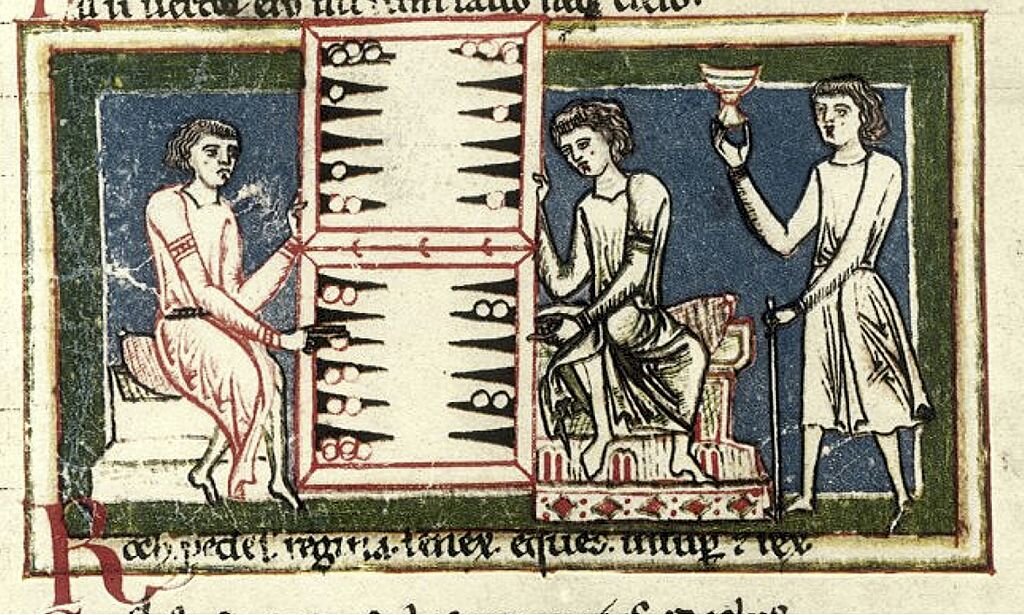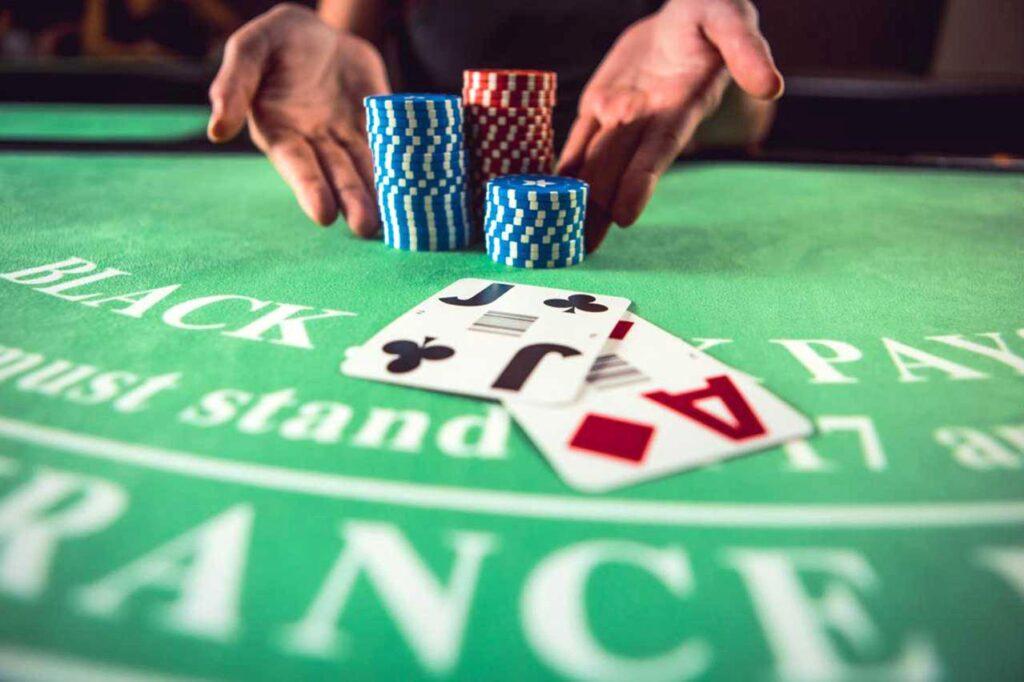Casino gambling has a rich tapestry woven through the annals of history, tracing its origins back to ancient civilizations where rudimentary games of chance captivated the hearts and minds of the populace. From the dice games enjoyed by the Romans to the lottery-like schemes of ancient China, the thrill of uncertainty and potential fortune has remained a constant across cultures.
Fast forward a few millennia, and we find ourselves in the opulent halls of 17th-century Venice, where the first official gambling houses emerged, signaling a profound shift in the way society engaged with chance. The evolution continued, igniting fervor during the gold rush days in America, transforming cities like Las Vegas into iconic gambling meccas that blended entertainment and risk.
Today, the landscape has evolved yet again, with online platforms redefining accessibility and community, creating a vibrant fusion of tradition and innovation that keeps the spirit of play alive in the digital age.
Ancient Origins of Gambling

The ancient origins of gambling stretch back thousands of years, intertwining with the very fabric of early human civilization. Evidence of gambling activities can be traced to the primitive societies of Mesopotamia, where clay dice dating as far back as 3000 BCE were discovered, hinting at the allure of chance.
Similarly, ancient Chinese texts suggest that games of chance involving tiles were popular during the Shang Dynasty, captivating communities and weaving together social interactions with the thrill of risk. From the bustling markets of Roman Empire to the dimly lit taverns of medieval Europe, the act of wagering has persisted through time, reflecting both a universal desire for entertainment and a deeper philosophical engagement with fate and fortune.
As rituals and social gatherings often revolved around these games, gambling not only entertained but also fostered bonds within these early societies, marking its place as a fundamental aspect of human behavior long before the glittering lights of modern casinos came to life.
The Evolution of Gambling Practices

Gambling practices have undergone a fascinating transformation throughout history, intertwining with the very fabric of human culture. In ancient civilizations, such as those in Mesopotamia and Rome, games of chance often manifested through rudimentary dice made from animal bones or even primitive forms of betting on chariot races, a spectacle that drew crowds and elevated stakes.
As societies evolved, so too did the rituals and opportunities for wagering; the invention of cards in the Middle Ages brought a new wave of strategy and sophistication, giving birth to games that would captivate not just the elite, but also the common people. Fast-forward to the glitz and glamour of the 20th century, where neon lights and high-stakes poker games in Las Vegas transformed gambling into a multi-billion-dollar industry, attracting thrill-seekers from all walks of life.
Today, the digital age is redefining the landscape once more, as online casinos and mobile apps make the exhilaration of gambling accessible at the touch of a finger, reflecting a continuous evolution that mirrors societal changes and technological advancements. This dynamic history not only highlights the adaptability of gambling practices but also underscores their enduring appeal across generations.
The Formation of Modern Casinos

The formation of modern casinos traces back to the late 20th century, a fascinating blend of indulgence, architecture, and technology. Initially, these establishments were simple venues, often located in clandestine corners of bustling cities, offering rudimentary games of chance.
But as the allure of gambling grew, so did the ambition of their designs; opulent structures began to rise, adorned with glittering lights and intricate themes that evoked a sense of wonder. States like Nevada took the lead, enacting legislation that transformed gambling into a legal and regulated industry, paving the way for iconic destinations like Las Vegas and Atlantic City.
Technology began to weave its magic too, with the advent of slot machines and electronic gaming systems that captivated a new generation of players. Hence, what emerged was not just a place to gamble, but an entire experience—an entertainment hub combining dining, shows, and nightlife, thereby altering the very fabric of leisure as we know it today.
Conclusion
In conclusion, the history of casino gambling is a rich tapestry woven through centuries of cultural evolution, societal change, and economic development. From the rudimentary games of chance played in ancient civilizations to the opulent establishments we see today, the journey of gambling has been shaped by the values and aspirations of each era.
Notably, the emergence of the first casino in Tbilisi marked a significant milestone in the expansion of gaming entertainment, reflecting the growing global interest in such recreational activities. As we look to the future, it is clear that casino gambling will continue to adapt and innovate, embracing new technologies and trends while remaining a vibrant part of human culture and leisure.
The enduring allure of the casino, with its promise of excitement and the possibility of fortune, ensures that this age-old pastime will thrive for generations to come.


